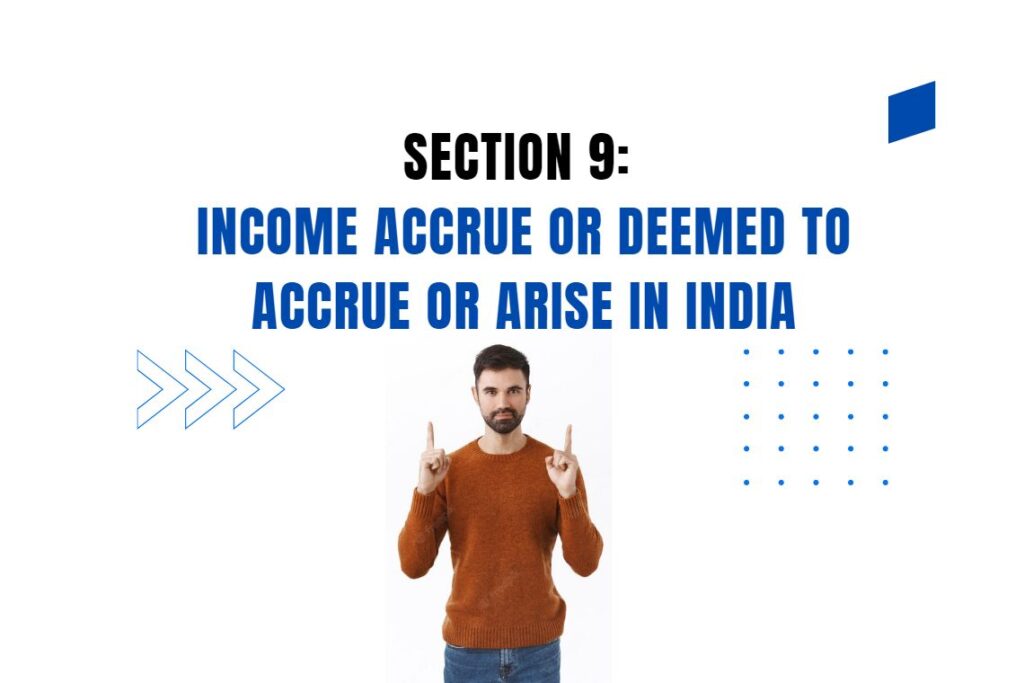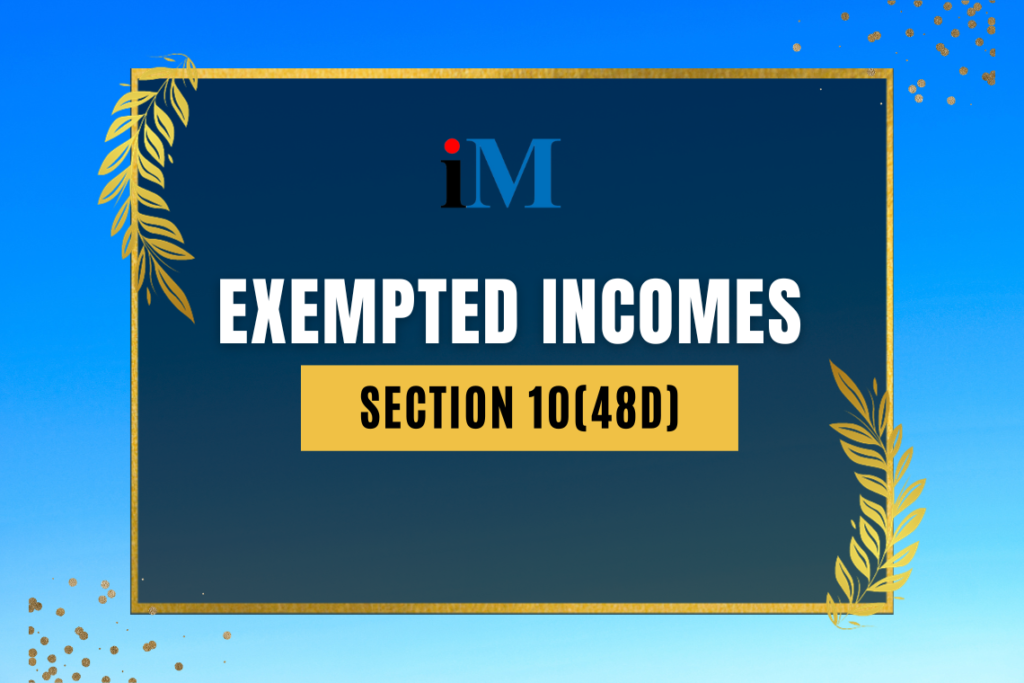Section 10(50) of the Income Tax Act, 1961 provides for exemption from income tax in the hands of a non-resident person in respect of any income which is chargeable to equalization levy. This exemption is intended to avoid double taxation.
Equalization levy is a tax that is charged on certain online transactions, such as online advertising and the sale of digital goods and services. It is charged at the rate of 2% on the consideration received or receivable for such transactions.
The following are the conditions for availing the exemption under Section 10(50):
- The income must be chargeable to equalization levy.
- The income must be received by a non-resident person.
- The income must not be in the nature of royalty or fees for technical services (FTS).
However, if the consideration received or receivable for FTS is less than Rs. 1 lakh or is not intended to be used to pursue a profession or work, then the exemption under Section 10(50) will be available.
Here are some examples of income that would be exempt under Section 10(50):
- Income from online advertising.
- Income from the sale of digital goods and services, such as e-books, music, and software.
- Income from online gaming.
- Income from online travel booking.
- Income from online food delivery.
Here are some examples of income that would not be exempt under Section 10(50):
- Income from the provision of technical services, such as software development and IT consulting.
- Income from the provision of professional services, such as legal and accounting services.
- Income from the sale of physical goods online.
- Income from the provision of offline services.
Here is an example of how Section 10(50) works:
Suppose a non-resident company provides online advertising services to Indian users. The company receives a consideration of Rs. 100 crore for the services. The company is liable to pay an equalization levy of Rs. 2 crore (2% of Rs. 100 crore) to the Indian government.
The company is also liable to pay income tax on the income from the services. However, the company can claim an exemption from income tax under Section 10(50). This means that the company will not have to pay any income tax on the income from the services, even though it is liable to pay equalization levy.
Income eligible for exemption
The following income is eligible for exemption under Section 10(50):
- Income chargeable to equalization levy under Section 163 of the Income Tax Act, 1961, in respect of specified services.
- Income chargeable to equalization levy under Section 163A of the Income Tax Act, 1961, in respect of e-commerce supply or services.
- Income from online advertising services
- Income from digital content sales services
- Income from software downloads
- Income from online games
- Income from other online services as may be specified by the Central Government
Conditions for exemption
The exemption is subject to the following conditions:
- The income must be chargeable to equalization levy.
- The income must be received or receivable by a non-resident.
- The non-resident must not have a permanent establishment in India.
- The income must not be in the nature of royalty or fees for technical services (FTS).
Benefits of the exemption
The exemption under Section 10(50) is intended to avoid double taxation of income that is chargeable to both income tax and equalization levy.
Examples of income eligible for exemption
Here are some examples of income that is eligible for exemption under Section 10(50):
- Income received by a foreign company from the provision of online advertising services to an Indian resident.
- Income received by a foreign company from the sale of digital advertising space to an Indian resident.
- Income received by a foreign company from the provision of e-commerce services to an Indian resident.
How to claim the exemption
If you are a non-resident who has received or received income that is chargeable to equalization levy, you need to file an income tax return and claim the exemption under Section 10(50) in the return. You will also need to submit the necessary documentation to support your claim.

![Exemption in respect of income chargeable to Equalization Levy [Section 10(50)]](https://incometaxmanagement.in/wp-content/uploads/2023/10/58-Exempted-Incomes-Section-1050-1024x683.png)

![Residential Status [Sections 5 to 9B]](https://incometaxmanagement.in/wp-content/uploads/2023/09/Residential-Status-Sections-5-to-9B-1024x683.jpg)

![EXEMPTED INCOMES [Section – 10, 10AA, 11 to 13A]](https://incometaxmanagement.in/wp-content/uploads/2023/09/Exempted-Incomes-Section-10-1024x683.jpg)

![Income of an Electoral Trust shall be Exempt [Section 13B]](https://incometaxmanagement.in/wp-content/uploads/2023/10/61-Exempted-Incomes-Section-13B-1024x683.png)
![Incomes of Political Parties [Section-13A]](https://incometaxmanagement.in/wp-content/uploads/2023/10/60-Exempted-Incomes-Section-13A-1024x683.png)
![Special Provisions in respect of Newly-established Units in Special Economic Zones (SEZ) [Section-10AA]](https://incometaxmanagement.in/wp-content/uploads/2023/10/59-Exempted-Incomes-Section-10AA-1024x683.png)
![Income of a Developmental Financing Institution (DFI) to be Exempt [Section 10(48E)]](https://incometaxmanagement.in/wp-content/uploads/2023/10/57-Exempted-Incomes-Section-1048E-1024x683.png)
